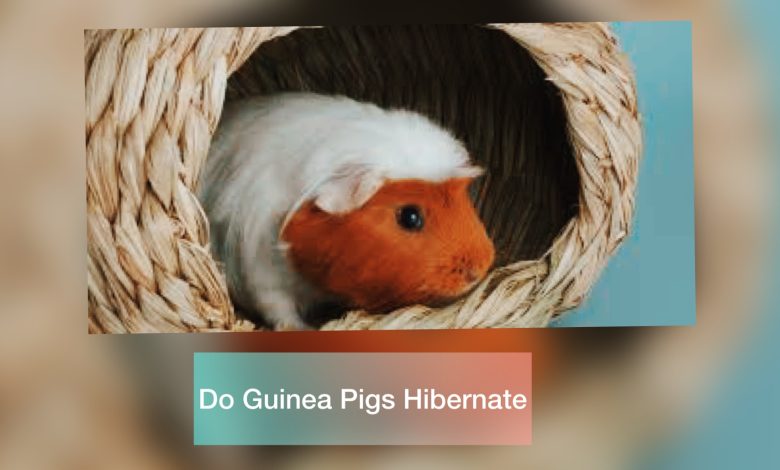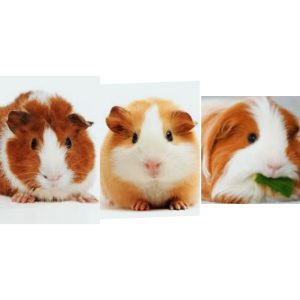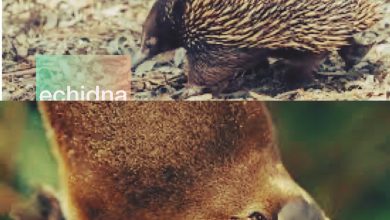Do Guinea Pigs Hibernate?

Hey there, guinea pig fans! Are you snuggled up with your little furry friend as the winter chill sets in? If so, you might be wondering whether your guinea pig is going into hibernation. Well, have no fear – in this article, we’ll dive into whether or not guinea pigs hibernate, how they react to the cold weather, and most importantly, how you can keep them warm and healthy during the winter months. So let’s cozy up, grab a warm drink, and explore this topic together.
What is Hibernation?
Now, before we get into the nitty-gritty of whether guinea pigs hibernate or not, let’s talk a little bit about what hibernation actually is. Hibernation is a state of reduced metabolic activity that allows some animals to survive harsh winter conditions.
During hibernation, animals lower their heart rate, body temperature, and other bodily functions to conserve energy. While this may sound pretty cool, the truth is that guinea pigs are not built for hibernation. Guinea pigs are social animals that thrive in warm, cozy environments, and they simply do not have the physical adaptations necessary for hibernation.
Do Guinea Pigs Hibernate Naturally?
The short answer to this question is no, guinea pigs do not hibernate naturally. However, they can go into a state of torpor, which is similar to hibernation but not quite the same thing.
Torpor is a state of reduced body temperature and metabolic activity that some animals enter into in response to cold temperatures or other stressful environmental conditions.
During torpor, animals become less active, eat less, and conserve energy. While guinea pigs do not naturally enter into torpor, they may do so if they are exposed to extreme cold or other environmental stressors.
Signs of Hibernation in Guinea Pigs

So, now that we know that guinea pigs don’t hibernate in the traditional sense, how can we tell if they are experiencing the effects of cold weather? If your guinea pig is feeling the cold, you may notice that they are less active than usual, are eating less, and have a lower body temperature than normal.
It’s important to note that guinea pigs can be sensitive to temperature changes, and even small drops in temperature can be dangerous for them. If you notice any signs of lethargy or illness in your guinea pig, it’s always best to consult with a veterinarian to rule out any underlying health issues.
Also Read: Can Dogs Eat Green Beans? Risk And Benefits
Risks of Hibernation in Guinea Pigs
While guinea pigs don’t hibernate naturally, they are still at risk of entering into a state of torpor if they are exposed to cold temperatures.
This is because guinea pigs are not adapted to survive in cold climates, and their bodies simply do not have the necessary physiological adaptations to cope with extreme cold. If your guinea pig enters into a state of torpor, it may become hypothermic and even die if its body temperature drops too low.
To prevent this from happening, it’s important to keep your guinea pig’s environment warm and cozy, with plenty of warm bedding, food, and water.
How to Keep Your Guinea Pig Warm in Winter
Keeping your guinea pig warm and comfortable during the winter months is crucial for their health and happiness. Here are some tips to keep in mind: First, make sure that your guinea pig’s cage is located in a warm, draft-free area of your home. Second, provide plenty of warm bedding, such as fleece blankets or hay, to help your guinea pig stay cozy.
Third, make sure that your guinea pig has access to plenty of food and water, and consider adding extra vitamin C to their diet to help boost their immune system during the winter months.
Finally, consider using a heat lamp or heating pad to keep your guinea pig’s environment warm and comfortable. Just be sure to monitor the temperature closely and adjust the heat source as necessary to avoid overheating.
Also Read: Can cats drink coconut water? Is it Safe for Them to Drink?”
Social Interaction During Winter
Last, but not least, it’s important to remember that guinea pigs are social animals and need interaction and attention from their owners, especially during the winter months when they may be feeling a bit down.
Spending extra time with your guinea pig, playing with them, and cuddling them can help keep them stimulated and happy. You can also provide them with new toys or activities to keep them entertained and engaged.
Remember, your guinea pig is not just a pet, but a cherished member of your family, so don’t forget to give them the love and attention they deserve all year round.
Conclusion
In conclusion, guinea pigs don’t hibernate naturally, but they can enter into a state of torpor if exposed to cold temperatures or other environmental stressors. To keep your guinea pig healthy and happy during the winter months, it’s important to provide them with a warm, cozy environment, plenty of food and water, and social interaction and attention from their owners.
By following these simple tips, you can ensure that your furry friend stays warm and comfortable all winter long. So snuggle up with your guinea pig and enjoy the cold weather together!





